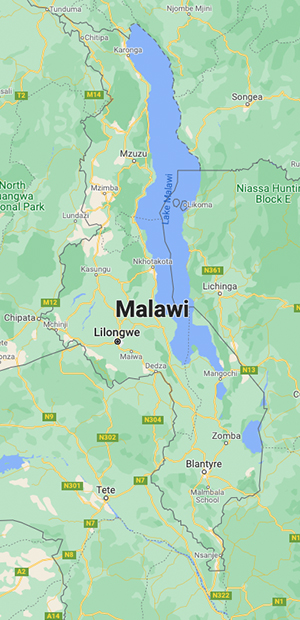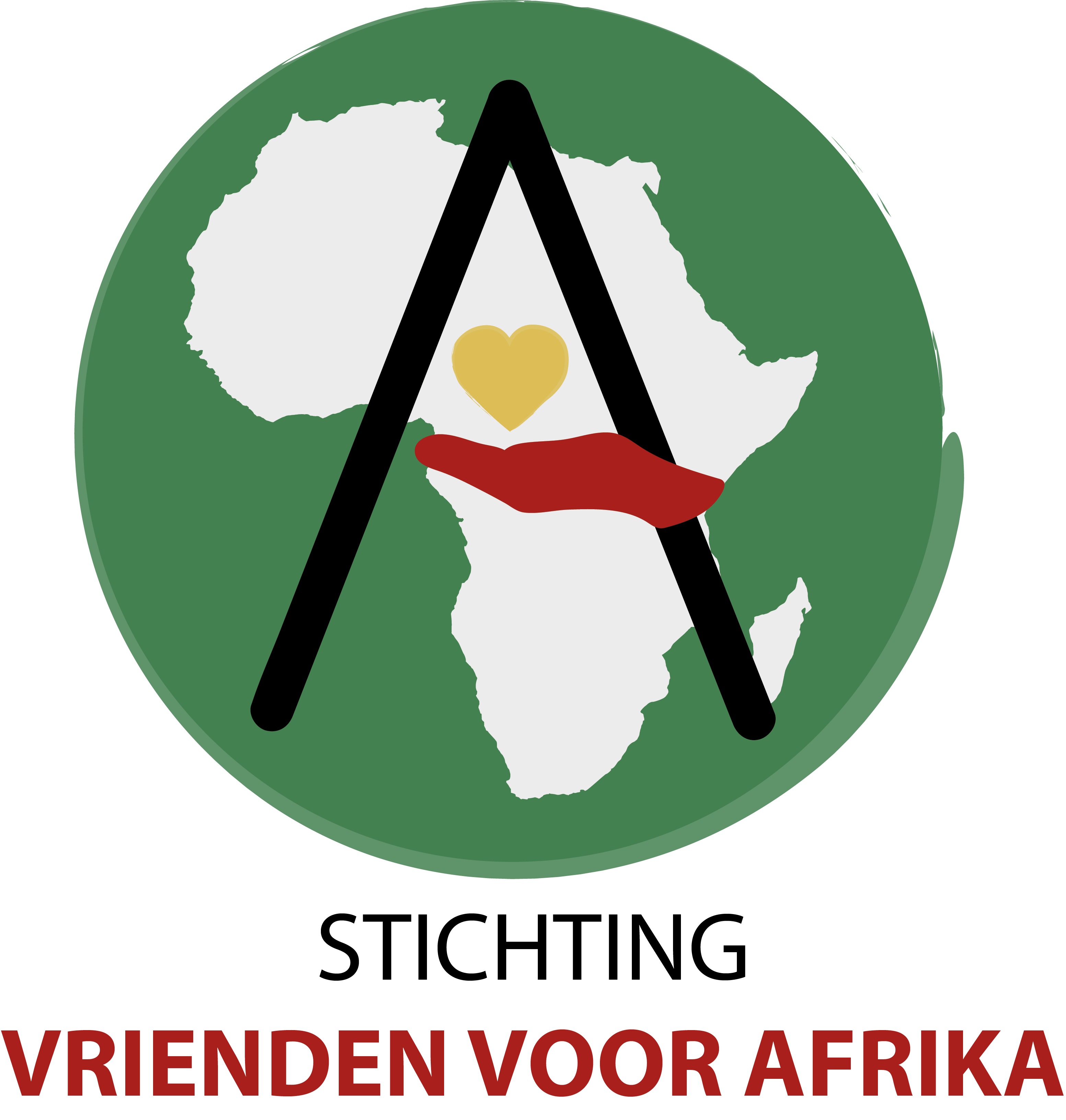Geschiedenis Vrienden voor Afrika
Malawi is op 6 juli 1964 als onafhankelijke staat ontstaan uit het Britse protectoraat Nyasaland. Malawi kwam in 1891 onder Brits koloniaal bestuur. In 1912 richtten een aantal zwarte voormannen de North Nyasa Native Association (NNNA) op. De NNNA probeerde binnen de bestaande structuren te bewegen voor betere leefomstandigheden voor de contractarbeiders op de plantages en in de mijnen.
In 1915 kwam de evangelist John Chilembwe in opstand tegen het Britse gezag. De opstand werd evenwel neergeslagen en Chilembwe werd gedood. Desondanks groeide hierna het nationaal bewustzijn onder de bevolking.

Tweede Wereldoorlog
Tijdens de Tweede Wereldoorlog werd het Nyasaland African Congress opgericht door nationalisten die streefden naar zelfbestuur voor Malawi. De NAC kreeg een grote aanhang en begon radicaal te worden. Snel streefde het NAC naar een onafhankelijk Malawi. Op 1 augustus 1953 werden Zambia, Zimbabw en Malawi (Nyasaland) samengevoegd tot een federeatie (Centraal-Afrikaanse Federatie). In 1958 werd het Malawi Nationale Congres (MNC) door Hastings Kamuzu Banda opgericht. Het NAC en de MNC verzetten zich krachtig tegen de federatie, die in 1963 ter ziele ging. In 1963 verkreeg Malawi zelfbestuur met Banda als premier.
Malawi werd onafhankelijk
Op 6 juli 1964 werd Malawi een onafhankelijke staat. Banda bleef minister-president. In 1966 riep hij Malawi uit tot een republiek en werd hij president. Kort hierna werden alle politieke partijen, behalve de MNC verboden. Banda werd een dictator die zich in zijn buitenlandse politiek voorop op het Westen oriënteerde. Pas in de jaren 80 sloot Banda vriendschapsverdragen met buurlanden. Lange tijd was Malawi een van de weinige die banden onderhield met Zuid-Afrika onder de apartheid. In 1988 was er sprake van een korte crisis met Mozambique, toen dat laatste land Malawi ervan beschuldigde steun te verlenen aan de verzetsbeweging in Mozambique.
Opstand tegen het eenpartijstelsel van president Banda
1991 en 1992 kwamen er protesten tegen het bewind van president Banda en zijn eenpartijstelsel. In juni 1993 verkoos de bevolking per referendum dat het partijenstelsel afgeschaft moest worden. Niet veel later werden er meerde partijen gelegaliseerd.
Het Verenigde Democratische Frond (UDF) werd de voornaamste partij. President Banda werd in 1994 verslagen door UDF-kandidaat Bakili Muluzi. Medio mei 2004 werd Bingu Wa Mutharika tot president gekozen.
Malawi in één van de armste landen ter wereld
De afwezigheid van delfstoffen, het ontbreken van een zee-haven, de traditionele gerichtheid op de verbouw van thee en tabak op plantages, samen met het lage opleidingsniveau van de bevolking maken de economische situatie dramatisch. Daaroverheen is de aids-epidemie gekomen, die een belangrijk deel van de economisch productieve middengeneratie heeft weggevaagd.


